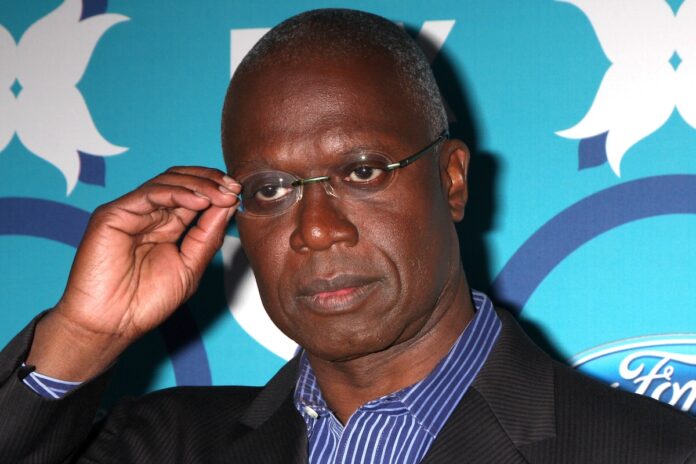Andre Braugher commanded our attention whether he immersed himself in a dramatic role like Frank Pembleton in “Homicide: Life on the Streets” or a comedy, like his hilarious turn as Captain Ray Holt in “Brooklyn Nine-Nine.” We were saddened to hear of the 61-year-old’s death last week. Learning that he succumbed to lung cancer was particularly sobering since the two-time Emmy winner told The New York Times in 2014 that he had quit smoking and drinking years earlier. Braugher joins George “Funky” Brown, co-founder of Kool & The Gang, who died from the disease last month at the age of 74.
Lung cancer leads among all cancer deaths, with our community more likely to get the disease than any other racial group.
How Lung Cancer Risks Change After Quitting
But while kicking the habit is vital for our health and well-being, it doesn’t automatically eliminate the risk of contracting the disease. The Centers for Disease Control reports lung cancer risk drops by half 10 to 15 years after someone quits. But it is not until 20 years later that the chances of being diagnosed with the disease are closer to someone who never smoked. Even then, however, there is still a risk since 10 to 20% of lung cancer diagnoses occur in non-smokers or those who have smoked fewer than 100 cigarettes in their lifetime. Besides smoking, other contributing factors include radon exposure and indoor and outdoor pollution.
The American Lung Association says that we are 15% less likely to be diagnosed early, 19% less likely to receive surgical treatment, 11% more likely not to get any treatment at all, and 16% less likely to reach the five-year survival mark compared to white patients.
Black men have a higher risk than Black women. They are 37% more likely to be diagnosed than a white man.
What Do Screenings Do?
There is no doubt that lung cancer screenings could reverse these statistics. The problem is we aren’t aware that screenings exist and that we may qualify for one. However, only 6% of the population is currently being screened. African Americans undergoing lung cancer screening with low-dose CT (computer tomography) experienced the most significant reduction in lung cancer mortality of any racial/ethnic group, according to a study conducted by The National Institute of Health. So it is essential to know what the qualifications for screening are:
- Age 50-80
- 20-pack-year-history (click here to figure out yours)
- You still smoke, or have you quit in the past 15 years
If this is you or a family member, talk to your healthcare provider about your screening eligibility.





